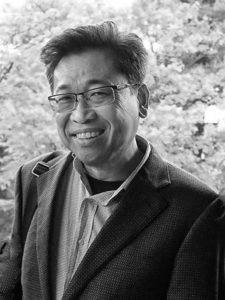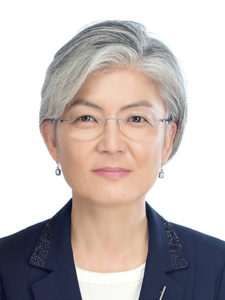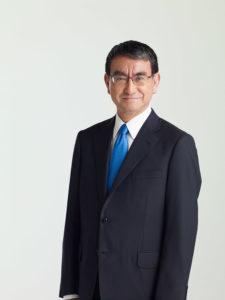

KISA 13th Annual Convention & APISA 15th Congress
Operationalizing an East Asian Community of Peace and Development:
Challenges and Opportunities
Key Information
Date: November 26-27, 2021
Venue: Online
Registration: Registration is free, but pre-registration is required.
Hosted by: The Graduate School of International Studies and the Institute for International and Area Studies at Ewha Womans University, South Korea
The global impacts of climate change and the COVID-19 pandemic at all levels of society have demonstrated that old, state-centric models of peacebuilding and development are insufficient to address the contemporary threat environment. These non-traditional security (NTS) issues pose additional challenges to policymakers in East Asia (both Northeast and Southeast), a region dominated by traditional state-centric approaches, and overshadowed by the conflictual legacies of colonialism, Cold War ideological divides, and territorial contestation. These challenges have also, however, given an opportunity to actors which are little regarded in the traditional paradigms.
Newly impactful actors include small and medium-ranked powers, non-governmental organizations (NGOs), and representatives of civil society. Furthermore, new conceptualizations of peace and development related to good governance, human security, human development, the sustainable development goals (SDGs) the responsibility to protect (R2P), the humanitarian-development-peace nexus (HDPN) comprehensive security, and sustainable peace are increasingly prominent in both policy and academic discourse.
Against this backdrop, South Korea has looked to leverage new approaches to peace and development as part of its middle power niche diplomacy, whereby it punches above its relative weight and gets more bang for its diplomatic bucks. New policy initiatives include the aspirational “Northeast Asia Plus Community” (NEAPC) of responsibility project aimed at building a sustainable regional system of cooperation with ASEAN, the “middle power” grouping of MIKTA (Mexico, Indonesia, South Korea, Turkey, and Australia), India and Northeast Asian states.
Keynote Speakers
Friday Keynote Speaker
LAM Peng Er
Principal Research Fellow, East Asian Institute, National University of Singapore, Singapore

Saturday Welcome Address
KANG Kyung-wha
Distinguished Professor Emeritus at Ewha Womans University GSIS, South Korea
Former Minister of Foreign Affairs, South Korea

Saturday Keynote Speaker
KONO Taro
Member of the House of Representatives, Japan
Former Minister for Foreign Affairs, Japan

About the Conference
KISA is the academic association devoted to the study of international affairs in Korea through the English medium. APISA is Asia’s leading academic organization dealing with political and international studies broadly defined, with research programs focused on conflict and peace studies, democracy and governance, human security, development cooperation, civilian control and security sector reform, and higher education in Asia.
The conference is open to scholars and students of international studies, as well as practitioners in the field. Thanks to generous support from Ewha Womans University, the Friedrich Ebert Stiftung, and the Korea Foundation through the IAFOR Research Centre at the Osaka School of International Public Policy, there will be no registration fees for participants. Selected submissions may be considered for publication in one of two book projects based on the theme of the conference, as well as the Asian International Studies Review, a Scopus-listed journal endorsed by both academic associations, and published by Brill in association with the IIAS.
